For the past two weeks in the Latin Rite of the Catholic Church, we have celebrated two great solemnities – Pentecost and Most Holy Trinity, but this week’s solemnity, Corpus Christi, is one that truly stands out for me since it focuses specifically on the Body and Blood of Jesus Christ, the Holy Eucharist. In the document, Dominicae Cenae, Pope St. John Paul II says,
“A particular mention should be made at this point of the Solemnity of the Body and Blood of Christ as an act of public worship rendered to Christ present in the Eucharist, a feast instituted by my predecessor Urban IV in memory of the institution of this great Mystery” (#3).
The teaching of the True Presence is a fundamental teaching of the Catholic Church. This day is a day where being Catholic is just awesome! It’s like Catholic Candy Land! If these three solemnities were horses in a horserace, I would use them in a Trifecta bet, because these three solemnities are like the Supernatural Trifecta.
If you haven’t figured it out yet or you are a new follower to my blog, I am a John Paul II junkie. His writings have influenced my life and my work in extraordinary ways. Let us now read seven great quotes from the Polish Pope and Saint from his Corpus Christi homilies –
“Mystery of faith! Today’s solemnity has been, down the centuries, an object of particular attention in various popular Christian traditions. How many public devotions have developed around the worship of the Eucharist. Theologians and pastors have striven to make the ineffable mystery of divine Love understood in human language. The great doctor of the Church, St Thomas Aquinas, has a special place among these authoritative voices. In his poetic compositions, he sings with inspired transport the believer’s sentiments of adoration and love before the mystery of the Lord’s Body and Blood. One need only think of the famous “Pange, lingua”, which is a profound meditation on the Eucharistic mystery, the mystery of the Lord’s Body and Blood — ‘gloriosi Corporis mysterium, Sanguinisque pretiosi’.”
“…This is why the Word was made flesh, died and rose and gave us his Spirit; this is why he left us the Eucharist, so that we could live on him as he lives on the Father. The Eucharist is the sacrament of the gift Christ made of himself for us: he is the sacrament of love and peace, which is the fullness of life.”
“Then, in the fullness of time, when the incarnate Son of God sheds his blood on the Cross for our salvation and is raised from the dead, history enters, so to speak, a new and definitive phase: the new and eternal Covenant whose beginning and fulfillment is the crucified and risen Christ. On Calvary, humanity’s path, in accordance with the divine plan, took a decisive turn: Christ is put at the head of the new People to guide them to their definitive goal. The Eucharist, the sacrament of the Lord’s death and resurrection, represents the heart of this spiritual, eschatological itinerarium.”
“The institution of the Eucharist, the sacrifice of Melchizedek and the multiplication of the loaves: this is the evocative triptych which the liturgy of the Word presents to us today on the Solemnity of Corpus Christi. In the centre is the institution of the Eucharist. St Paul, in his First Letter to the Corinthians which we have just heard, recalled the event in precise words, adding: ‘As often as you eat this bread and drink the cup, you proclaim the Lord’s death until he comes’ (1 Cor 11: 26)…”
“The Eucharist is our living Memorial. In the Eucharist, as the Council recalls, ‘is contained the whole spiritual good of the Church, namely Christ himself our Pasch and the living bread which gives life to men through his flesh – that flesh which is given life and gives life through the Holy Spirit. Thus men are invited and led to offer themselves, their works and all creation with Christ…’ (Presbyterorum ordinis, n. 5).”
“Today the Church shows the world the Corpus Christi – the Body of Christ. And she invites us to adore him: Venite adoremus –Come let us adore him. The attention of believers is focused on the Sacrament in which Christ has left himself: Body, Blood, Soul and Divinity. It is the reason for considering it as the holiest reality: “the Blessed Sacrament”, living memorial of the redeeming Sacrifice. On the Solemnity of Corpus Christi, we return to that “Thursday” which we call “Holy”, on which the Redeemer celebrated his last Passover with the disciples: it was the Last Supper, fulfilling the Jewish Passover supper and inaugurating the Eucharistic rite.”
“With untold emotion, we hear this invitation to praise and joy echoing in our hearts. At the end of Holy Mass, we will carry the Divine Sacrament in procession to the Basilica of St Mary Major. Looking at Mary, we will understand better the transforming power that the Eucharist possesses. Listening to her, we will find in the Eucharistic mystery the courage and energy to follow Christ, the Good Shepherd, and to serve him in the brethren.”
To learn more about what the Catholic Church teaches on the Holy Eucharist, please read my Quick Lessons from the Catechism post – The Sacrament of the Holy Eucharist.
As we celebrate this great solemnity, let us remember how beautiful the gift of the Holy Eucharist is for the entire Church. I would encourage you to sign-up for weekly Perpetual Adoration at your parish. If your parish does not have it, then I would encourage you to seek out a parish nearby and sign-up there.
Check out my latest blog post on the same subject here – 10 Exhortations on the Blessed Sacrament from The Imitation of Christ
Categories: Pope Saint John Paul II, Sacraments
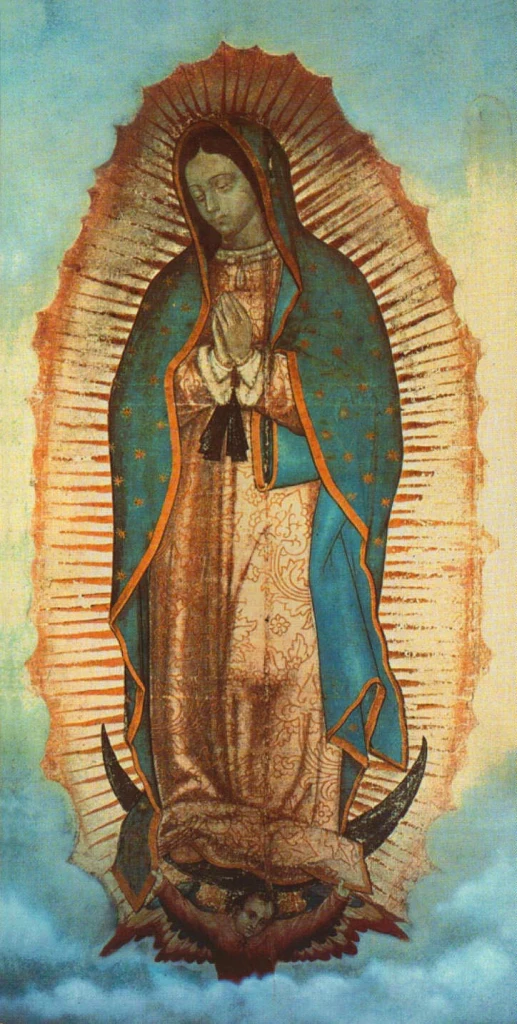
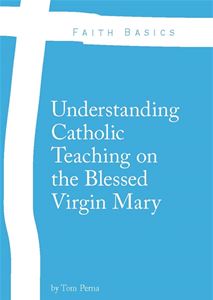
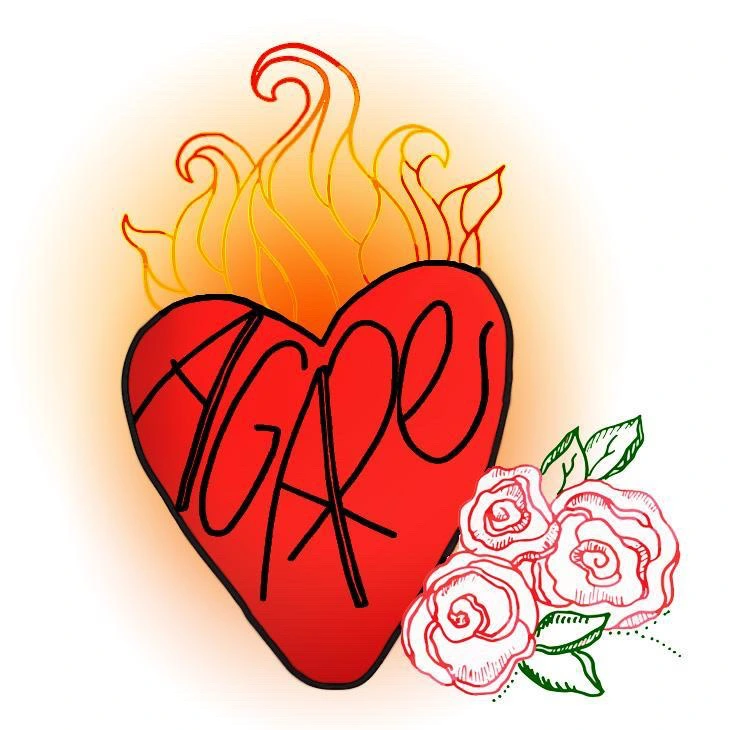

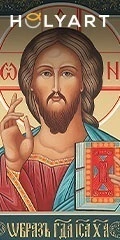

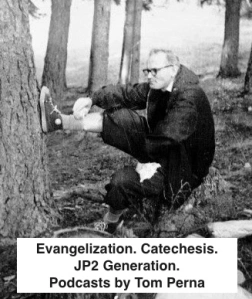



Thanks For The Great Content Sir. I Will Also Share With My Friends And Once Again Thanks A Lot.
https://beststatus.org/